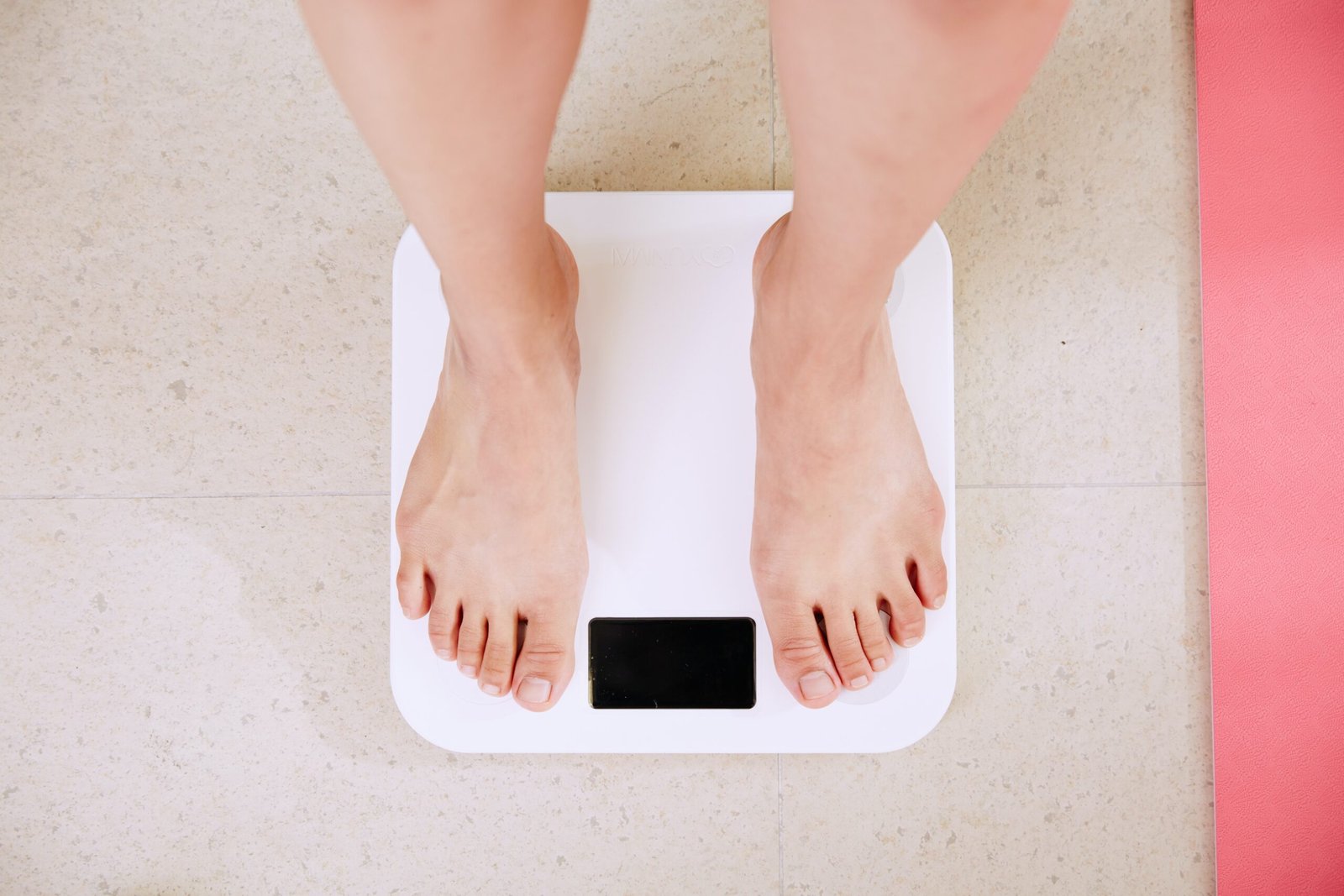When it comes to weight loss, a well-balanced diet plays a crucial role in achieving your goals. At Vatave Healthcare, we understand the importance of a healthy diet in promoting weight loss and overall well-being. In this blog post, we will provide you with a comprehensive diet plan that can help you shed those extra pounds and achieve your desired weight.
1. Set Realistic Goals
Before starting any diet plan, it is important to set realistic goals. Aim for a gradual and sustainable weight loss of 1-2 pounds per week. This ensures that you are losing fat rather than muscle and reduces the risk of regaining the weight.
2. Portion Control
Controlling portion sizes is essential for weight loss. Use smaller plates and bowls to trick your mind into thinking you’re eating more. Fill half of your plate with non-starchy vegetables like leafy greens, broccoli, and cauliflower. The remaining half should be divided between lean proteins such as chicken, fish, tofu, or beans, and whole grains like quinoa or brown rice.
3. Include Protein in Every Meal
Protein is an important nutrient for weight loss as it helps to keep you feeling full and satisfied. Include a source of lean protein in every meal, such as eggs, Greek yogurt, lean meats, or plant-based proteins like lentils or chickpeas.
4. Choose Healthy Fats
Avoiding fats altogether is not the solution. Instead, opt for healthy fats like avocados, nuts, seeds, and olive oil. These fats provide essential nutrients and can help you feel satiated.
5. Limit Added Sugars
Added sugars can contribute to weight gain and increase the risk of various health problems. Limit your intake of sugary beverages, desserts, and processed foods. Opt for natural sweeteners like stevia or consume fruits for a healthier alternative.
6. Stay Hydrated
Drinking an adequate amount of water is essential for weight loss. It helps to curb hunger, boosts metabolism, and aids digestion. Aim to drink at least 8 cups of water per day.
7. Plan Your Meals
Planning your meals in advance can help you make healthier choices and avoid impulsive eating. Create a weekly meal plan and prepare your meals and snacks in advance. This will prevent you from reaching for unhealthy options when hunger strikes.
8. Include Fiber-Rich Foods
Fiber-rich foods are not only beneficial for digestion but also aid in weight loss. Include foods like fruits, vegetables, whole grains, and legumes in your diet. These foods are low in calories and high in nutrients, keeping you full for longer.
9. Practice Mindful Eating
Eating mindfully can help you develop a healthier relationship with food. Pay attention to your hunger and fullness cues, eat slowly, and savor each bite. This can prevent overeating and promote better digestion.
10. Stay Active
While diet plays a significant role in weight loss, incorporating regular physical activity is equally important. Engage in activities you enjoy, such as walking, jogging, swimming, or dancing. Aim for at least 150 minutes of moderate-intensity exercise per week.
Remember, weight loss is a journey, and it requires patience and consistency. Consult with a healthcare provider or a registered dietitian before starting any new diet plan. They can provide personalized guidance based on your individual needs and health conditions.
At Vatave Healthcare, we are committed to helping you achieve your weight loss goals through a holistic approach. Follow our comprehensive diet plan, stay consistent, and embrace a healthy lifestyle for long-lasting results.

